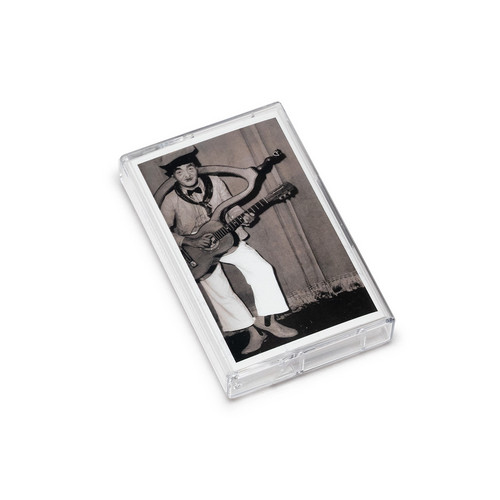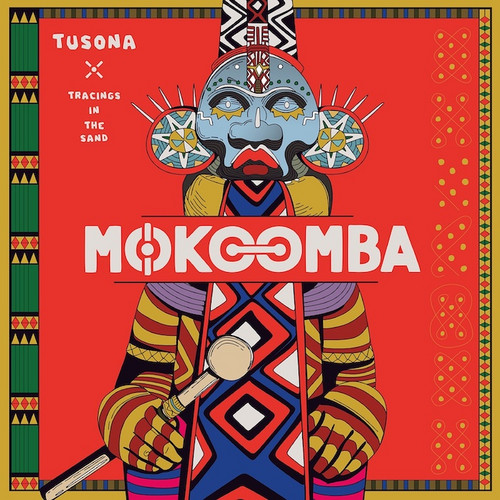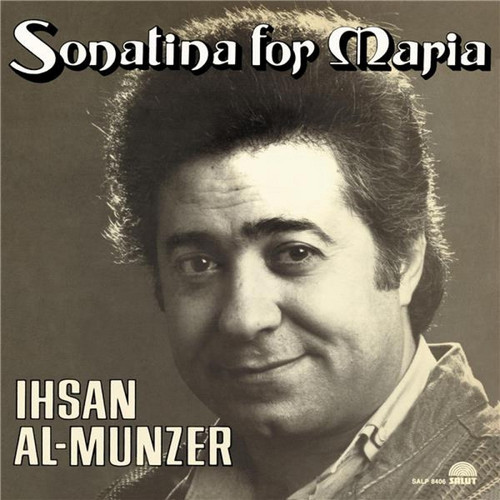Folk /
Folk Poetry, Song & Rhythm in Northeastern Brazil
Death Is Not The End's survey of folk music traditions in Northeastern Brazil, originally broadcast on NTS Radio in 2019, becomes the latest to be committed to cassette as part of their 10th anniversary series. It specifically focuses in on the spur-of-the-moment improvised "duelling" poetry of the repente, embolada & aboio styles that are unique to the Nordeste region.
Tusona: Tracings in the Sand
It is a long time since Zimbabwe gave us some of the giants of African music but, in the mighty Mokoomba, there is finally a convincing successor … Lead singer Mathias Muzaza naturally grabs the attention with his stunning, piercing vocals [...] the band’s magic quality is the perfect gelling of guitar, bass, keyboard and African drums ... [and] impressive arrangements. - The Independent
The Berlin Session
Tears are in the eyes of Xabiib Sharaabi, nicknamed the Somali King of Pop when he entered the stage of Berlin’s HKW. It is a mix of nostalghia, pain and joy. Like many Somalis he had been deprived overnight of both glamour and friends, the war in his homeland had sent him into exile. The glamorous discos and beachfront stages Mogadishu had once been famous for, had disappeared as the city was bombed to the ground. The King of Somali pop found himself stranded in Sweden, others like the members …
Sonatina For Maria
*2022 stock* Taking in a range of styles, the album illustrates Al-Munzer’s skill in composition and arrangement that saw him become one of the busiest arrangers of Lebanon’s 1980s pop scene. The record goes deeper into the Western rhythm Al-Munzer explored at the beginning of his career and brought to his Middle Eastern fusion productions, with the synthesizer still taking centre stage, and the electric guitar, bass and drums ever more present.
When Al-Munzer entered Copenhagen’s Sun Studio in …
Jrouli
*Edition of 300* What is fascinating with Rai is that it has never needed media, scenes or official and sponsored festivals in order to exist, progress and reinvent itself. Rai in the 21st century sustained its evolution via social media, the 3G and 4G networks and of course, the democratization of digital recording and electronic music in general. Cheba Wahida comes from that newer, incidentally very feminized, wave of Rai artists in the Oran region. Vice remains a central theme in the lyrics o…




